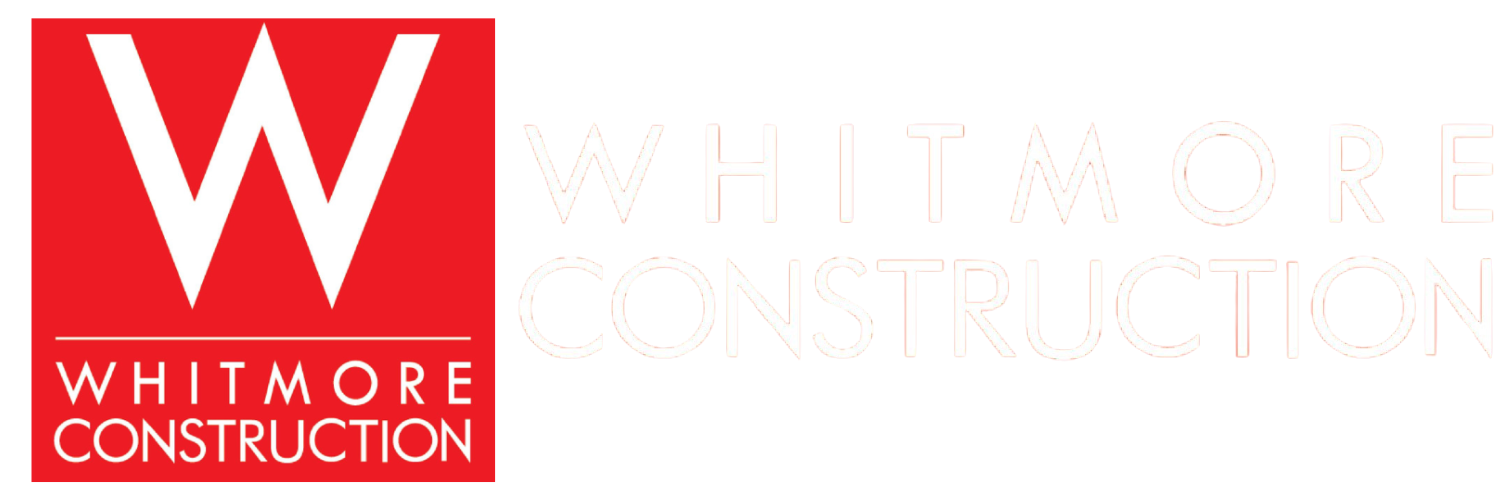 Invoice factoring is a financial practice that has gained significant traction in various industries, particularly in construction. This approach allows companies to manage cash flow and improve financial stability by selling their accounts receivable at a discount to a third-party financing institution known as a factor. In Lubbock, construction companies can leverage invoice factoring to overcome challenges associated with payment delays and fluctuating cash flow demands.
Invoice factoring is a financial practice that has gained significant traction in various industries, particularly in construction. This approach allows companies to manage cash flow and improve financial stability by selling their accounts receivable at a discount to a third-party financing institution known as a factor. In Lubbock, construction companies can leverage invoice factoring to overcome challenges associated with payment delays and fluctuating cash flow demands.
Understanding Invoice Factoring
Invoice factoring is a financial transaction where a business sells its invoices to a factoring company at a discounted rate. This allows companies to receive immediate funds instead of waiting for clients to pay their invoices, which can sometimes take weeks or even months. This structured approach to managing accounts receivable helps businesses maintain liquidity and meet operational costs.
The Basics of Invoice Factoring
In its simplest form, invoice factoring involves three parties: the seller (the construction company), the buyer (the client), and the factor (the financing company). The seller sells their unpaid invoices to the factor and receives an upfront payment that is usually 70-90% of the invoice’s total value. Once the client pays the invoice, the factor sends the remaining balance to the seller, minus a fee for their services.
This practice varies from traditional loans, as it is based on the business’s outstanding invoices rather than creditworthiness. This means that companies can access funds without the lengthy application processes typically associated with bank loans. Furthermore, invoice factoring can be a more flexible option for businesses with fluctuating revenues, as it allows them to manage their cash flow more effectively based on their current sales activities.
The Role of Invoice Factoring in Construction
In the construction industry, where projects can span several months, cash flow can become an issue. Companies often face delays in receiving payments from customers or clients, impacting their ability to pay suppliers and meet payroll. Invoice factoring helps to bridge this gap, providing construction firms with the cash flow they need to keep operations running smoothly.
Moreover, it enables construction companies to seize new opportunities quickly without the restrictions imposed by waiting for invoice payments. This flexibility is crucial in a competitive market where timely response can result in securing new contracts. Additionally, by utilizing factoring, construction businesses can enhance their relationships with subcontractors and suppliers, as they are better positioned to make timely payments, fostering trust and reliability in their business dealings.
Another significant benefit of invoice factoring in the construction sector is the reduction of administrative burdens. Many factoring companies offer additional services, such as credit checks on potential clients and collections management, which can save valuable time and resources for construction firms. By outsourcing these tasks, businesses can focus more on their core operations, improving overall efficiency and productivity. This integration of financial support and operational management can be a game changer for construction companies looking to thrive in a dynamic and often unpredictable industry.
The Benefits of Invoice Factoring for Construction Companies
For construction companies, the advantages of invoice factoring extend beyond immediate cash flow improvements. This financing option can serve as a strategic tool that aligns well with the industry’s unique needs.
Improved Cash Flow Management
One of the most significant benefits of invoice factoring is enhanced cash flow management. Construction companies frequently deal with uneven cash flows due to the nature of project-based work. By utilizing invoice factoring, they can convert outstanding invoices into cash immediately, allowing them to manage day-to-day operational expenses effectively.
This enhanced liquidity not only helps in managing ongoing project costs but also in preparing for unforeseen expenses, providing a financial cushion that can be critical during periods of slow payment from clients.
Mitigating Payment Risks
Payment risks are inherent in the construction industry, where clients may delay payments or, in adverse scenarios, default altogether. Invoice factoring helps mitigate this risk by allowing construction companies to transfer the credit risk to the factor. This is particularly beneficial for small to medium-sized construction firms that may not have the resources to absorb such financial setbacks.
By working with a reputable factoring company, construction firms can conduct thorough due diligence on clients and manage payment risks effectively, ensuring a more secure financial footing.
How Lubbock Construction Companies Can Utilize Invoice Factoring
Lubbock construction companies looking to enhance their cash flow should consider implementing invoice factoring as a viable option in their financial strategy. The process involves several steps but can yield substantial benefits.
Choosing the Right Factoring Company
Selecting the right factoring company is crucial for success. Companies should evaluate potential factors based on their experience in the construction industry, fee structures, and customer service. It is advisable to engage with factors that understand the unique challenges and payment cycles typical in construction to foster a smooth working relationship.
Additionally, companies should assess the financial stability of the factoring company, ensuring that they are reputable and have a track record of servicing businesses effectively.
The Process of Invoice Factoring in Construction
The process of invoice factoring begins with identifying outstanding invoices eligible for factoring. Once selected, the construction company submits these invoices to the factor for approval. Upon approval, the factor advances a percentage of the invoice amount to the company.
After the client pays the invoice, the factoring company releases the remaining balance minus their fee, closing the transaction. This swift process allows construction firms to access vital funds quickly and ensures minimal disruption to their operations.
Common Misconceptions about Invoice Factoring
Despite its benefits, invoice factoring is often surrounded by misconceptions that may deter construction companies from utilizing this financial tool. Understanding these misconceptions can help companies make informed decisions.
Debunking Myths about Invoice Factoring
One prevalent myth is that invoice factoring is a form of debt. While it may seem similar, it is fundamentally different as it does not require the company to take on additional debt. Instead, it involves selling assets (invoices) to receive immediate funds.
Another misconception is that invoice factoring is only used by companies in dire financial straits. In reality, many thriving businesses use invoice factoring as a strategic cash flow management tool to finance growth opportunities and optimize operational efficiency.
Addressing Concerns about Invoice Factoring
Many companies express concerns about privacy and client relationships when working with a factoring company. It’s essential to select a factor that maintains confidentiality and handles client communications professionally. Factors specialize in managing collections, thus alleviating the burden from construction companies while maintaining regard for client relationships and confidentiality.
Future of Invoice Factoring in Lubbock’s Construction Industry
The landscape of invoice factoring is continuously evolving, particularly within Lubbock’s burgeoning construction industry. As companies seek more efficient ways to manage cash flow, the role of factoring is expected to grow.
Technological Advancements in Invoice Factoring
Technological advancements are reshaping the invoice factoring process, making it easier for construction companies to access funding. The integration of automation and financial software allows for quicker invoice verification and faster funding. Online platforms enable seamless applications and enhance communication between parties, fostering a more efficient factoring experience.
Additionally, data analytics can provide factoring companies with insights into client payment behaviors, helping construction firms make informed decisions about their financing options.
Trends and Predictions for Invoice Factoring in Construction
Looking ahead, trends suggest that invoice factoring will become even more mainstream in the construction sector. As more contractors and construction firms begin to understand the benefits, increased utilization may lead to more competitive rates and improved services offered by factoring companies.
Moreover, as economic uncertainties loom, relying on invoice factoring may become a critical part of financial strategy, enabling construction businesses to navigate uncertainties more effectively and maintain their growth trajectory.
Ready to enhance your cash flow and take on more projects with confidence? Whitmore Construction is here to support your growth. With our extensive experience and resources, we ensure the implementation, maintenance, and integrity of your project is handled with the utmost priority. Our commitment to continuous improvement and customer satisfaction means we’re always ready to exceed your expectations. Whether it’s aerial or underground construction, our expert teams are fully insured, trained, and compliant with state regulations, prepared to tackle the complexities of any site. Don’t let financial uncertainties hinder your progress. Start Now! with Whitmore Construction and experience a partnership that focuses on all your utility construction needs, from local to nationwide projects.
